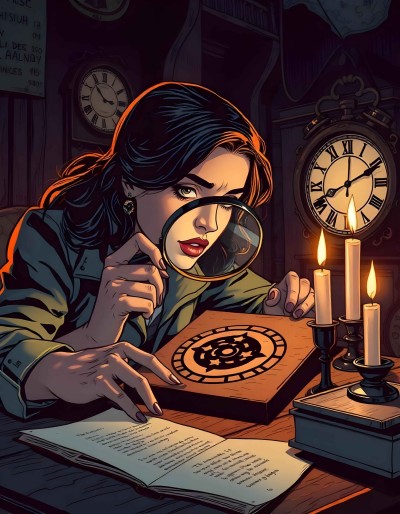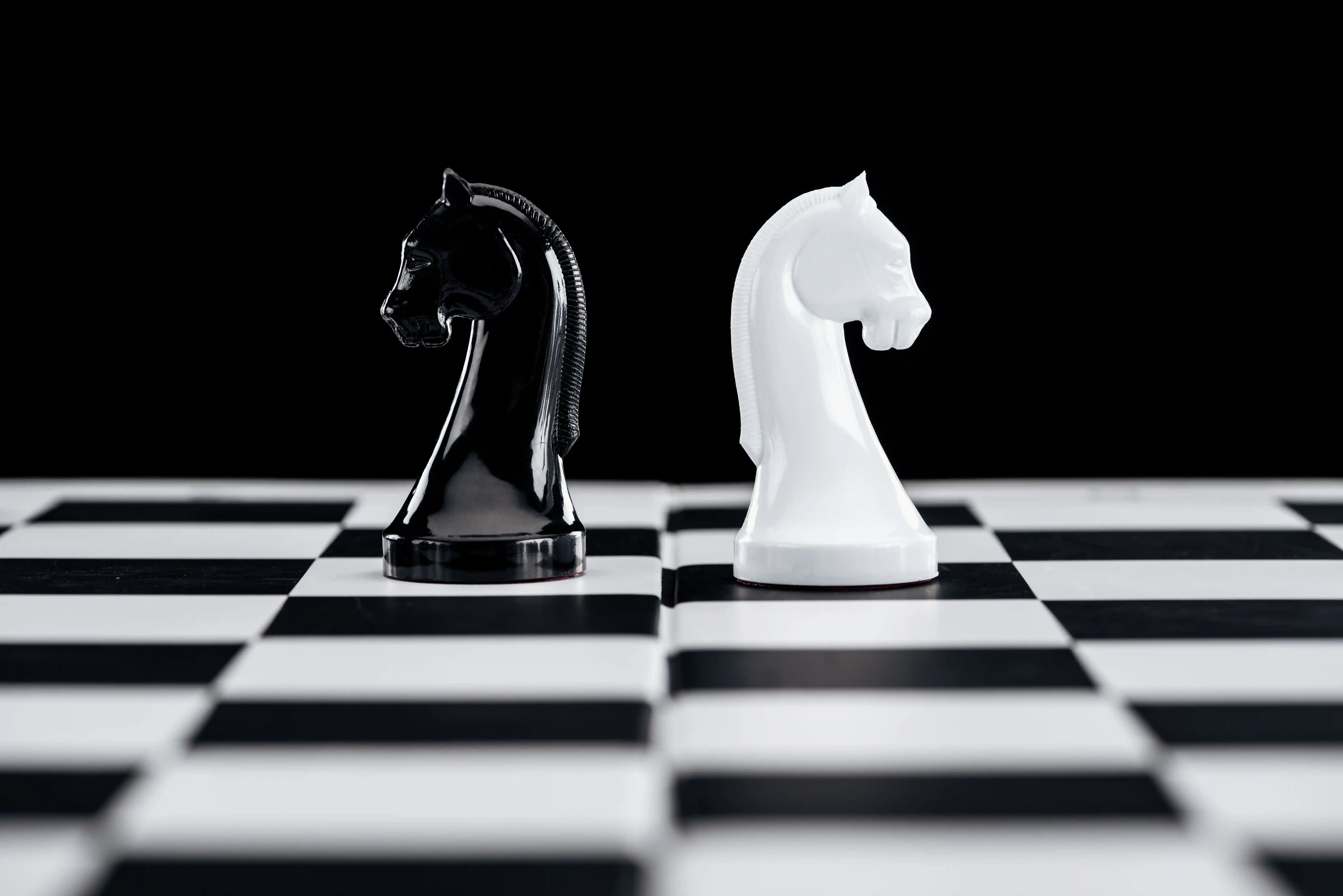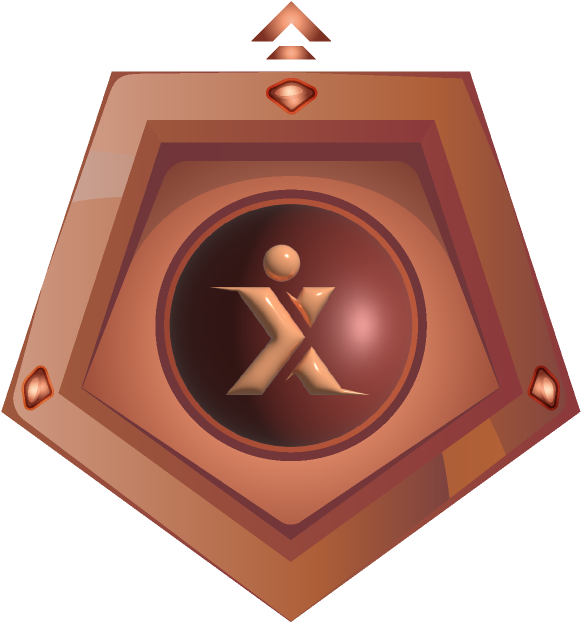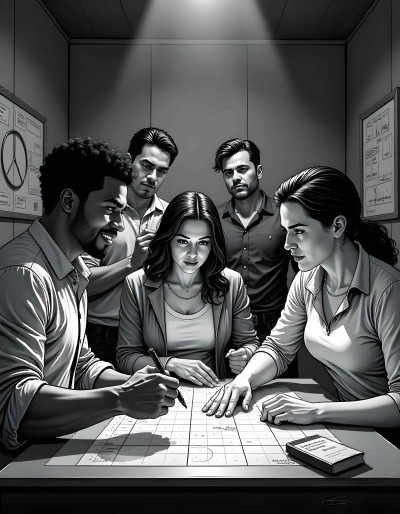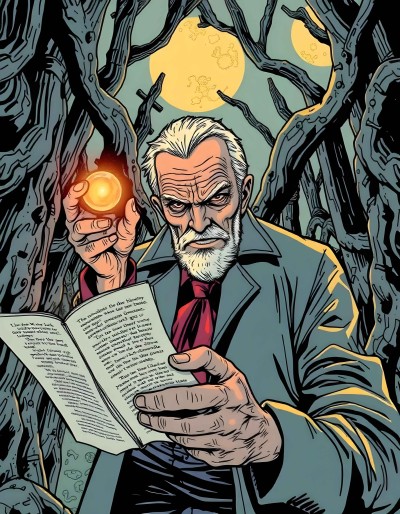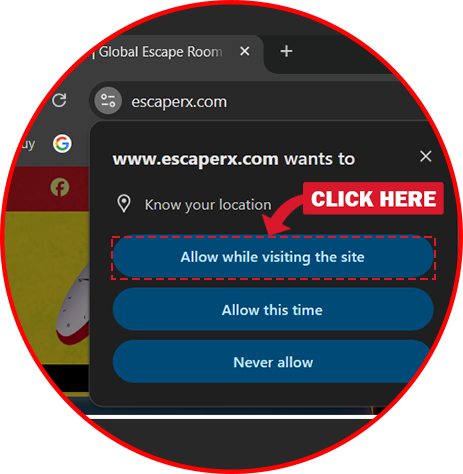Escape Rooms and the Clue Searcher: Master of Finding Hidden Hints
The Clue Searcher is the player who excels at meticulously scanning the escape room for hidden clues and subtle hints. Their attention to detail ensures that no stone is left unturned and that all critical elements are discovered for solving puzzles.
Who Is the Clue Searcher in Escape Rooms?
The Clue Searcher is the player who takes on the essential task of finding hidden objects, hints, or important information that may be concealed in the room. Whether it’s locating a hidden key behind a painting, spotting a small symbol on a wall, or discovering a clue tucked away in an unexpected place, the Clue Searcher is the team’s go-to person for uncovering all necessary items.
With a sharp eye for detail, Clue Searchers thrive in environments where observation is key to solving the room’s puzzles. They are patient, thorough, and methodical, ensuring that nothing is missed in the heat of the game.
What Does the Clue Searcher Do in Escape Rooms?
The Clue Searcher plays an indispensable role in the success of the team by performing these tasks:
Search for Hidden Items: Escape rooms are known for concealing important objects—keys, notes, or tools—that are essential to solving puzzles. The Clue Searcher meticulously scans every inch of the room to locate these hidden items.
Spot Hidden Codes and Symbols: Many escape rooms hide crucial codes, numbers, or symbols in plain sight. The Clue Searcher has a keen ability to notice these often-overlooked details and alert the team to their significance.
Uncover Subtle Hints: Sometimes, the clues needed to solve puzzles are hidden in the room’s design or decor. The Clue Searcher is great at noticing these subtleties, such as patterns in wallpaper, markings on objects, or unusual lighting that points to a clue.
Double-Check the Room: Once the initial search is complete, the Clue Searcher often goes back to recheck areas, ensuring that nothing was missed. Their thoroughness ensures that even the smallest detail is not overlooked.
Organize Clues: After discovering clues, the Clue Searcher often takes the lead in organizing them, helping the team make sense of how each item fits into the overall puzzle.
Why Does a Team Need a Clue Searcher in Escape Rooms?
A Clue Searcher is vital to any escape room team because many escape rooms rely heavily on finding hidden objects and clues that are integral to solving puzzles. Without someone dedicated to the task of thoroughly searching the room, important elements may be missed, causing the team to get stuck.
The Clue Searcher ensures that all necessary tools, codes, and objects are found, allowing the rest of the team to focus on solving the puzzles and making progress. Their sharp observation skills are critical in rooms that require detailed inspection and careful attention to the environment.
When Does the Clue Searcher Shine in Escape Rooms?
The Clue Searcher shines from the moment the team enters the room:
- Initial Room Scan: As soon as the game starts, the Clue Searcher jumps into action, scanning every surface, object, and hidden nook in the room. Their early discoveries set the team up for success by providing the first set of clues.
- Mid-Game Search: During the middle of the game, the Clue Searcher continues to check new areas of the room as they become accessible. If the team finds themselves stuck, the Clue Searcher often rechecks areas for missed clues, offering fresh leads to keep the momentum going.
- High-Pressure Moments: Near the end of the game, when time is running out, the Clue Searcher excels at spotting critical details that could help the team escape. Their ability to find last-minute hints often makes the difference between success and failure.
Where Does the Clue Searcher Make the Biggest Impact in Escape Rooms?
The Clue Searcher is most impactful in rooms that are densely packed with hidden objects, codes, or environmental clues. Escape rooms that involve scavenger hunts or have intricate set designs with many compartments, drawers, or hidden spaces are where the Clue Searcher really shines.
Rooms that feature subtle or cryptic clues, such as UV light-revealed messages, hidden symbols, or codes hidden in art or architecture, are also ideal for the Clue Searcher’s keen eye. These types of rooms challenge players to pay close attention to every detail, a task that is second nature to the Clue Searcher.
How Can You Be a Better Clue Searcher in Escape Rooms?
If you want to become a top-notch Clue Searcher in escape rooms, there are several strategies you can employ:
- Be Thorough: Don’t rush through the room. Take your time to carefully examine every area, including behind or underneath objects, inside drawers, and in corners that others might overlook.
- Look for Patterns: Many escape rooms hide clues in patterns or repeated symbols. Train yourself to recognize patterns in the room’s decor, design, or layout that might point to important clues.
- Check Unusual Places: Think outside the box when searching. Escape room designers often hide objects in unconventional locations, such as inside hollow books, behind removable panels, or within props that seem purely decorative.
- Use All Your Senses: Sometimes, clues aren’t just visual. Pay attention to sounds, textures, and even smells that might lead you to hidden hints. Some rooms incorporate multi-sensory clues that require more than just sight to uncover.
- Revisit Areas: After an initial search, go back and double-check areas that might have been missed. Fresh eyes on a familiar space can sometimes reveal a clue that was previously overlooked.
- Communicate with Your Team: Make sure to share every clue you find with the team. Even if a clue doesn’t seem significant at first, it might become important later in the game.
- Practice Patience: Being a Clue Searcher requires patience. Sometimes the most important clues are the hardest to find, and staying calm and methodical is key to uncovering every hidden detail.
Final Thoughts: The Importance of Clue Searchers in Escape Rooms
The Clue Searcher is an essential member of any escape room team, providing the keen observation skills needed to find all the hidden elements necessary for solving puzzles. Their ability to uncover even the smallest details ensures that no part of the room goes unexplored.
If you’re someone who enjoys taking a close look at everything around you and finding hidden gems, embrace your role as the Clue Searcher. Your dedication to finding every clue will help your team succeed and conquer the escape room challenge.

